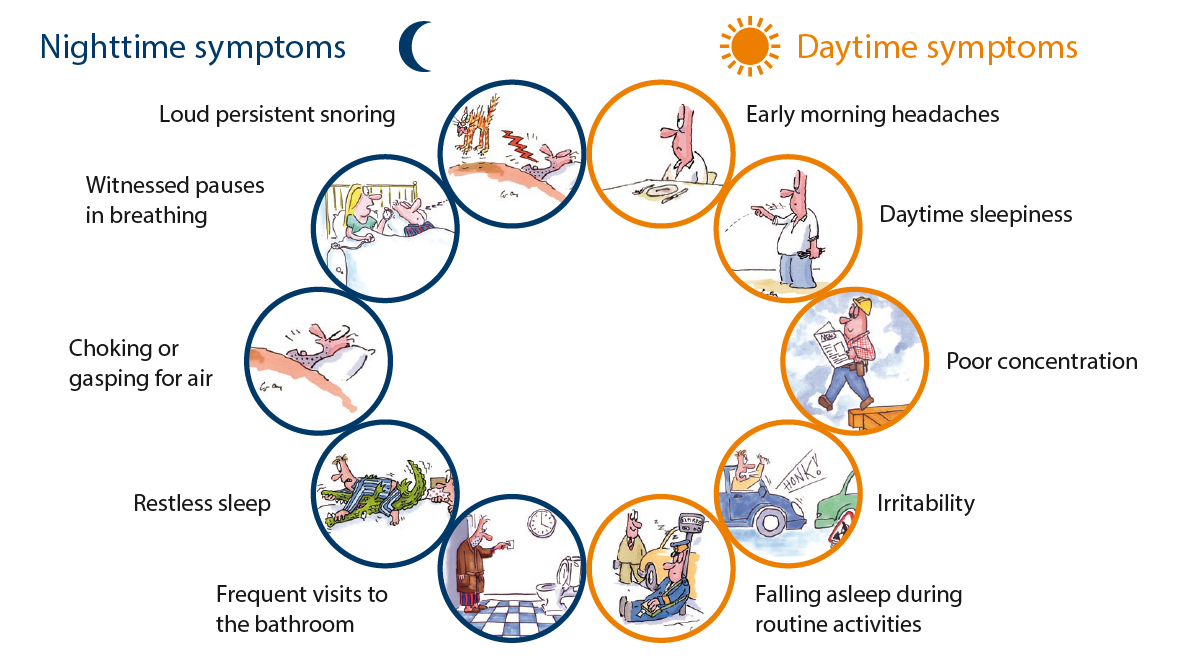
Every plan focuses on practical, sustainable change. You receive a personalized diet and activity guide, habit coaching, and timely reviews—so you always know what to do next. Choose a structure that matches your current needs and the amount of accountability you prefer.

| Duration | Price | |
| 4 WEEKS DIAMOND PLANS | Rs 7000 | Express Checkout |
| 14 WEEKS DIAMOND PLANS | Rs 20000 | Express Checkout |
| Duration | Price | |
| Express checkout |
Snoring is a very common phenomenon. It is more common in men when compared with women. The condition worsens with age. Certain lifestyle modifications can help in most cases, but in a few cases, like sleep disorders, medical intervention is needed.
Several factors are responsible for snoring.
 The physiological cause behind snoring is the vibration produced in your airways. When you breathe, the relaxed tissue in your upper respiratory tract vibrates, which produces the typical snoring sound. Snoring may result from:
The physiological cause behind snoring is the vibration produced in your airways. When you breathe, the relaxed tissue in your upper respiratory tract vibrates, which produces the typical snoring sound. Snoring may result from:
Blocked nasal passage
Too much tissue in the throat
The poor muscle tone of the throat and tongue
Too long uvula
Soft palate
Cold and allergies, which causes nasal congestion and swelling of the throat
A symptom of sleep apnea
In mild snoring cases, only physical examination is needed. But in case of severe snoring, certain diagnostic tests are needed, including X-rays, CT scans, and MRI scans. These all are done to check your airway abnormalities. In a few cases, a sleep study may also be needed. In a sleep study, you have to spend the night at the clinic or at a sleep center to monitor the
Respiration rate
Heart rate
Oxygen levels in the body, and
Movement of legs.
The most important factor which decides the mode of treatment is the reason behind your snoring. Common treatments for snoring include:
Use mouthpieces to keep your airway open and position your soft palate and tongue.
Trim the excess tissue in your airways, with the help of surgery.
Palatal implants to stiffen your palates and reduce snoring.
Removal of uvula and shortening of the soft palate with the help of laser surgery.
Use of masks or CPAP machines to direct pressurized air into the airway to eliminate sleep apnea and snoring.
Frequent snoring may increase the risk of:
Sleepiness whole day
Reduced concentration
High blood pressure
Increased risk of stroke and heart disease
Drowsiness, resulting in road accidents
Relationship conflicts.
Certain lifestyle changes may improve the snoring conditions in mild cases. The potentially effective measures are:
Weight management
Sleep on your side
Go to bed at the same time every night
Apply nasal strips before going to bed
Get proper treatment for nasal congestion
Don’t eat just before your bedtime
Avoid alcohol before bedtime
Use an extra pillow to elevate your head up to 4 inches
The best way to treat your snoring is to find the reason behind it. Depending upon your needs use the under-given methods to relieve your symptoms.
|
Weight management |
If you are overweight or obese, switch to a healthy diet and regular exercise for weight management. It may help relieve the issue. |
|
OTC medication |
If your problem is due to a cold or allergy, try an OTC medication, such as intranasal decongestants. |
|
Avoid alcohol |
Avoid alcohol before bedtime because it relaxes the throat muscles, which can contribute to snoring. |
|
Sleep on your side |
When sleeping on your back, your tongue can fall back into your throat which can make your airway smaller, resulting in snoring. So, try sleeping on your side. |
|
Try using a mouthpiece |
The use of a removable mouthpiece keeps your jaw, tongue, and soft palate in place to prevent snoring. |
|
Use CPAP machine |
A CPAP machine pumps air into the airway overnight. It decreases the symptoms of snoring and sleep apnea. |
|
Surgery |
In severe cases of snoring, surgery is needed. Insertion of filament in your soft palate, trimming extra tissue from your throat, or shrinking the tissue in your soft palate can help you relieve the issue. |
|
Get enough sleep |
A sound sleep of 6-8 hours is necessary for adults. Sleep deprivation may lead to snoring. |
|
Raise the head side of your bed |
It helps reduce snoring by keeping your airways open. |
|
Avoid sedatives |
If you are on sedatives, talk to your doctor for other options. Sedatives, like alcohol, relax the throat muscles, leading to snoring. |
|
Try quit smoking |
Smoking worsens the condition, so try quitting it. |
Certain factors increase the risk of snoring:
|
Sleeping position |
Sleeping on your back increases the risk of snoring. |
|
Age |
Snoring increases with increasing age. |
|
Alcohol |
Consumption of alcohol relaxes the throat muscles, leading to snoring. So, avoid alcohol before bedtime. |
|
Gender |
Snoring is more common in men when compared with women. |
|
Genetics |
If any of your family members has sleep apnea, you are at increased risk of developing it. |
|
Cold and allergies |
Cold and allergies cause inflammation of the upper respiratory tract, leading to snoring. |
|
Overweight or obese |
In overweight individuals, more and more tissue is developed in the throat, leading to snoring. |
|
Small airway |
A narrow upper respiratory tract may be the reason for your snoring. |
In case of snoring, only your roommate or bed partner can tell the symptoms and frequency. Some common symptoms of snoring include:
Nasal congestion
Breathing from the mouth, and
Waking in the morning with a dry throat

Sore throat
Drowsiness or feeling the sleepy whole day
Frequent napping
Frequent waking up during sleep
Lower concentration
Choking during sleep
Chest pain or high blood pressure.
If you have symptoms of frequent snoring, talk to your doctor. He/she will tell whether you are suffering from sleep apnea or any other serious condition after conducting some tests and even a sleep study.
Snoring is a very common phenomenon, ranging from mild to severe in terms of severity. If you snore once in a while, you don’t need any intervention, but in case of chronic snoring, you need to consult your doctor.
First of all, you should know the reason behind your snoring, then only you will be able to permanently eradicate the issue. In mild cases of snoring, certain lifestyle modifications may help relieve the condition. Weight management, avoiding alcohol or food just before going to bed, and OTC medications for colds and allergies may help relieve the symptoms.
Tips to stop snoring in mild cases include:
Weight management
Sleep on your side
Go to bed at the same time every night
Apply nasal strips before going to bed
Get proper treatment for nasal congestion
Don’t eat just before your bedtime
Avoid alcohol before bedtime
Use an extra pillow to elevate your head up to 4 inches
Natural ways work in mild cases of snoring, including weight management, sleeping on your side, sound sleep of 6-8 hours, avoiding alcohol and food before bedtime, elevating head up to 4 inches, getting proper treatment of nasal congestion, application of nasal strips before going to bed. If you have frequent and severe snoring, consult your doctor. He/she will tell whether you are suffering from sleep apnea or any other serious condition after conducting some tests and even a sleep study, and will then suggest if there is a need for surgery.
Light or infrequent snoring is normal and does not require any treatment. It only disturbs your roommate or bed partner. It is also called primary snoring and occurs more than three nights per week.
Although snoring is more common in overweight individuals, it can also occur in skinny people. It can be due to a cold or allergy which causes inflammation in the upper respiratory tract or due to anatomical abnormality like a narrow airway.
In case of anatomical abnormalities or deposition of excess tissues in the throat due to obesity, surgery is needed to cure snoring. Some common surgeries include:
Trim the excess tissue in your airways,
Palatal implants to stiffen your palates,
Removal of uvula and shortening of the soft palate with the help of laser surgery.
Loud and frequent snoring increases the risk of heart attack, stroke, and other health problems. Manage your weight and avoid alcohol before bedtime. If the symptoms persist, consult your healthcare provider.
Preventive measures for snoring include:
Weight management
Sleep on your side
Go to bed at the same time every night
Apply nasal strips before going to bed
Get proper treatment for nasal congestion
Don’t eat just before your bedtime
Avoid alcohol before bedtime
Use an extra pillow to elevate your head up to 4 inches
Approx 45% of adults snore occasionally and 25% snore regularly. Snoring is more common in overweight individuals, middle-aged and older men, and postmenopausal women. The conditions worsen with increasing age.
Common causes of snoring include:
Blocked nasal passage
Too much tissue in the throat
The poor muscle tone of the throat and tongue
Too long uvula
Soft palate
Cold and allergies, which causes nasal congestion and swelling of the throat
A symptom of sleep apnea
Staying fit and healthy is the best sort of lifestyle, one can have and we are always there to help you! At DietPlusMinus, we thoroughly study your body profile and conduct tests like blood tests to prepare scientific diet plans and exercises for you.
Register/Login ♦ Blog ♦ Subscription Plans ♦ Calculator ♦ Exercises ♦ All Testimonials ♦ Before and After ♦ Recipe ♦ Amazon Pantry 
Note: Plans provide lifestyle guidance. Medication changes are overseen by your treating physician. Pricing/inclusions may vary by promotions.
Read More
Read More
Read More